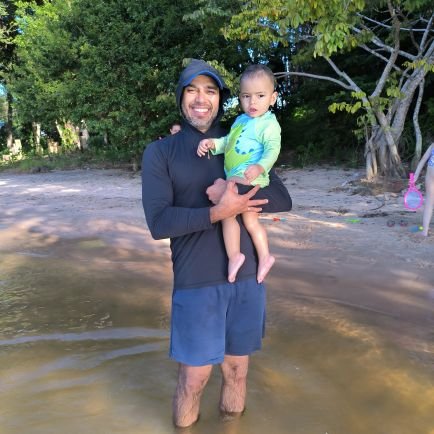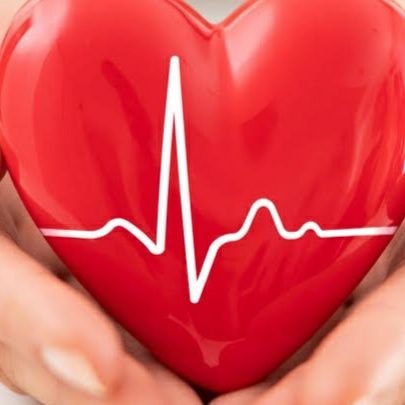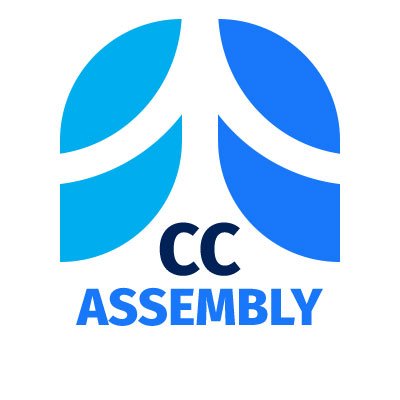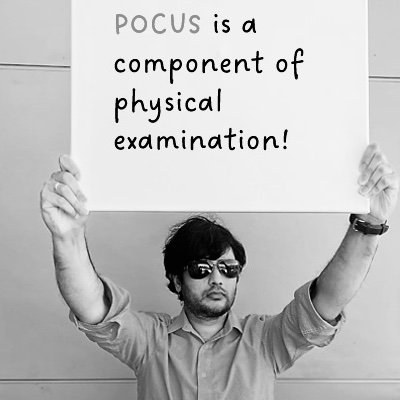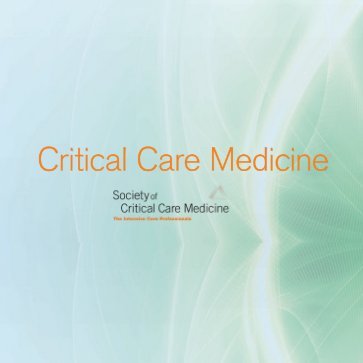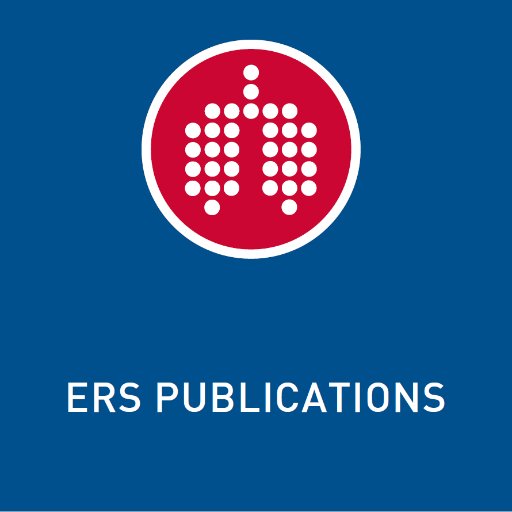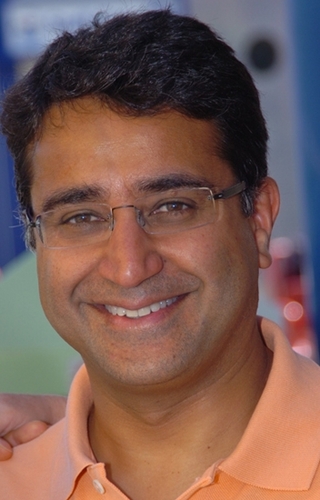
Thiago Bassi MD PhD
@thiagobassiMDone out of eight billion humans
Does mechanical ventilation cause primary brain injury? #mechanicalventilation #criticalcare #icu #ventilatorassociatedbraininjury #delirium #neuroscience on.soundcloud.com/uWywu
Intracerebral Hemorrhage & Surgical Management Trials - thanks @namorrismd ! neurology.org/doi/10.1212/WN…

ALL SHOCKS=BP
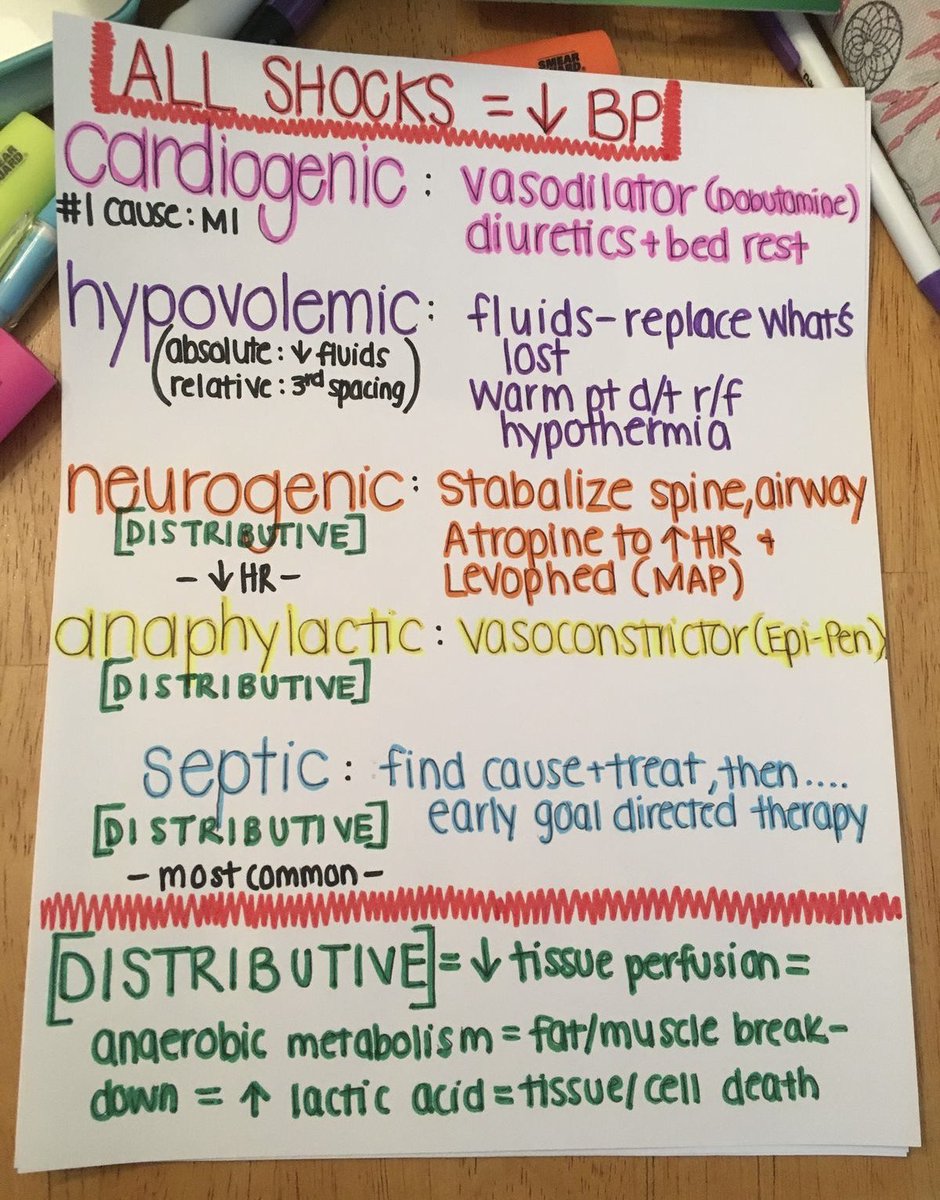
🧠🩸Blood pressure management in ICH Infographic link.springer.com/article/10.100… #NeuroTwitter #Neurocriticalcare
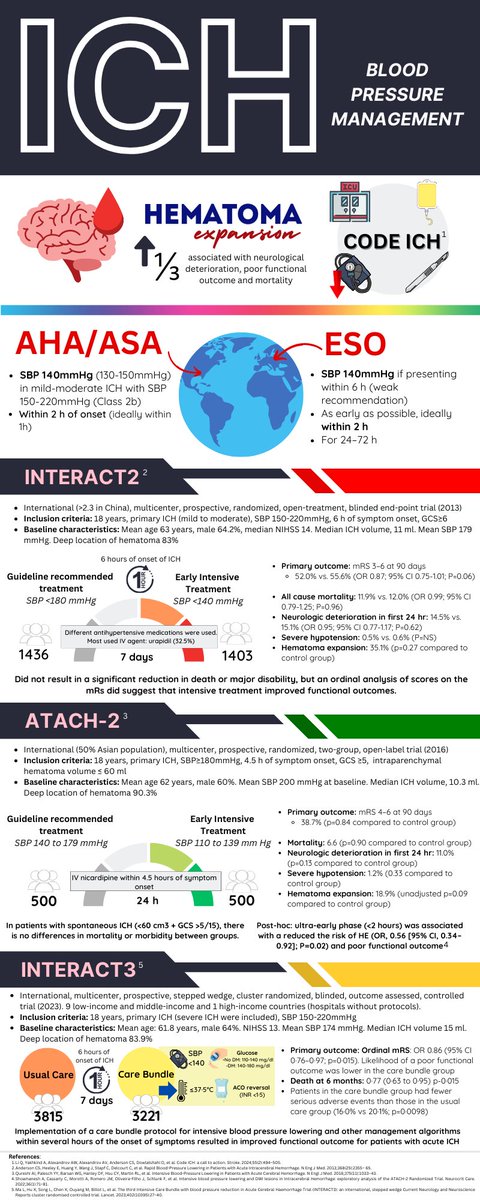
Ventilator-associated brain injury may be linked to delirium and long-term cognitive impairment after critical illness @thiagobassiMD @ecgoligher @chiara_robba 🔓 Open Access 🔗 bit.ly/4badYrv

#POCUS guided central venous cannulation illustrations #FOAMed #Nephpearls #FOAMcc
The Blue Journal thanks Thiago Bassi, M.D., Ph.D., for his contribution to the May 15 issue Ventilator-associated Brain Injury: A New Priority for Research in Mechanical Ventilation @thiagobassiMD @ecgoligher @chiara_robba bit.ly/4badYrv

The latest issue of the #AJRCCM is now live! Take a look: 🔗 bit.ly/3BL6FVn
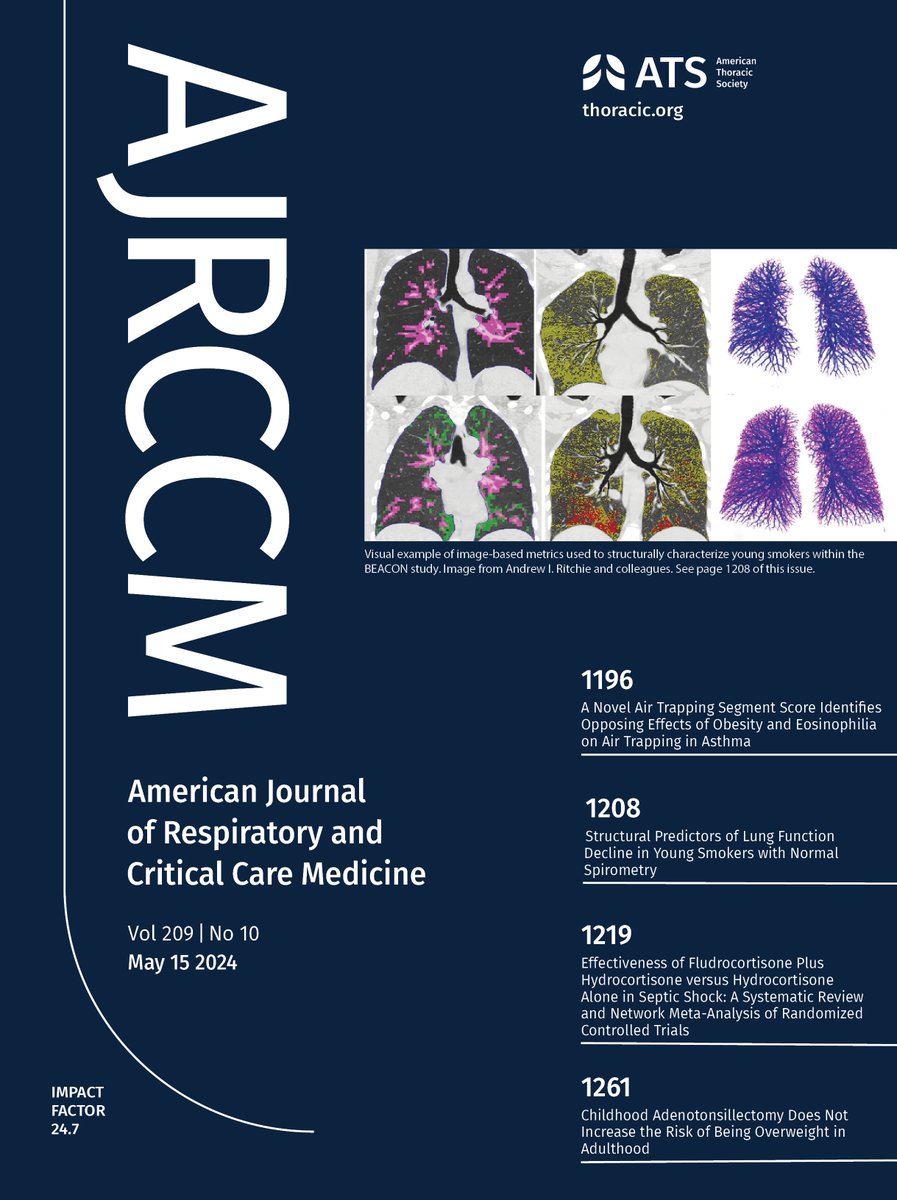
Today's Paper of the Day is on “THE MANTLE” bundle for minimizing cerebral hypoxia in severe traumatic brain injury criticalcarereviews.com/latest-evidenc… Join us to read 1 paper per day and stay up-to-date as we cover the spectrum of critical care across 2024
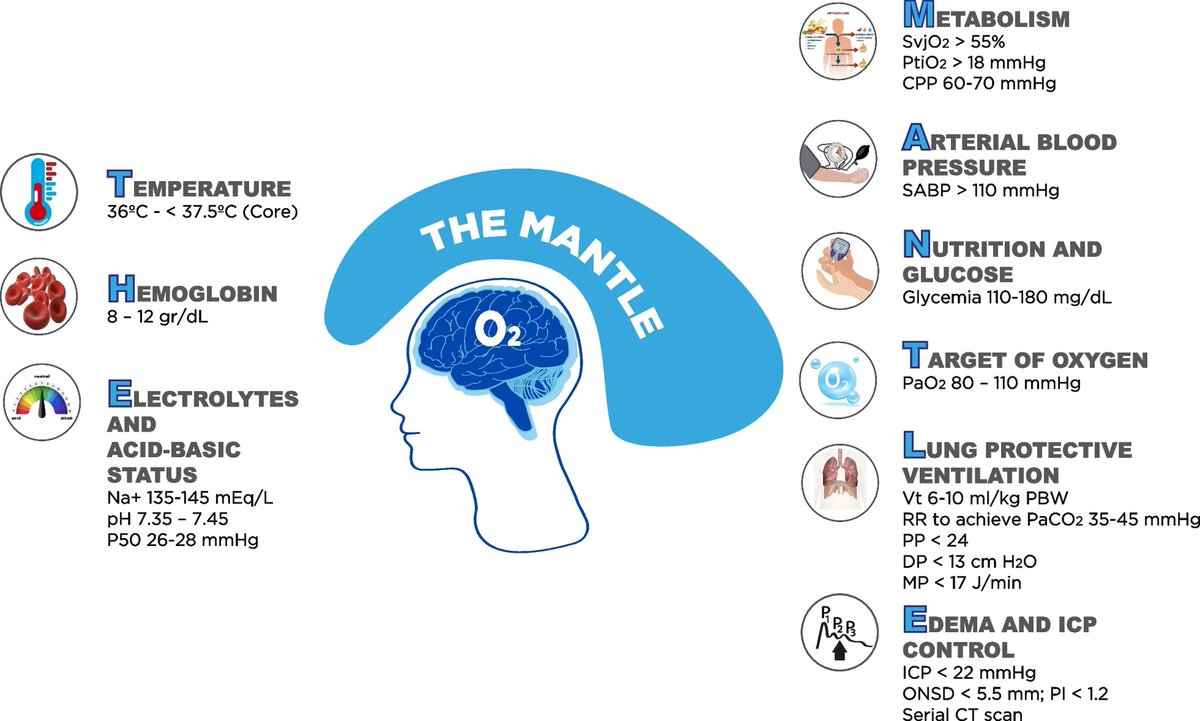
😩 Do you struggle to manage cardiogenic shock? ♥️⚡️ 🧪 Diagnosis 💊 Medications ⚙️ Devices Check out @FaAlkhunaizi, @nikolhaustweets, S Brusca, & @david_furfaro’s ⭐️⭐️⭐️⭐️⭐️ #journal_CHESTCritCare Review!! chestcc.org/article/S2949-…

@yourICM A small piece on non invasive neuromonitoring in acute brain injured patients ❤️

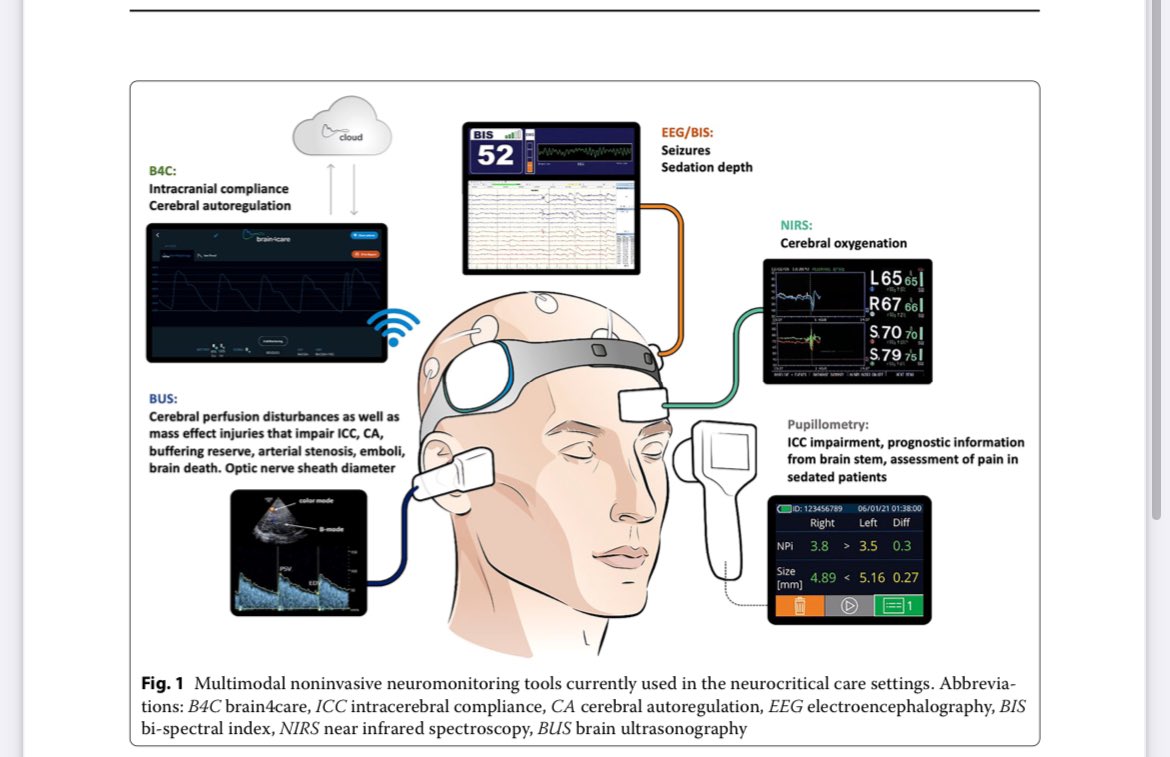
Management of SAH: an update for the intensivist bit.ly/3VSmCG8


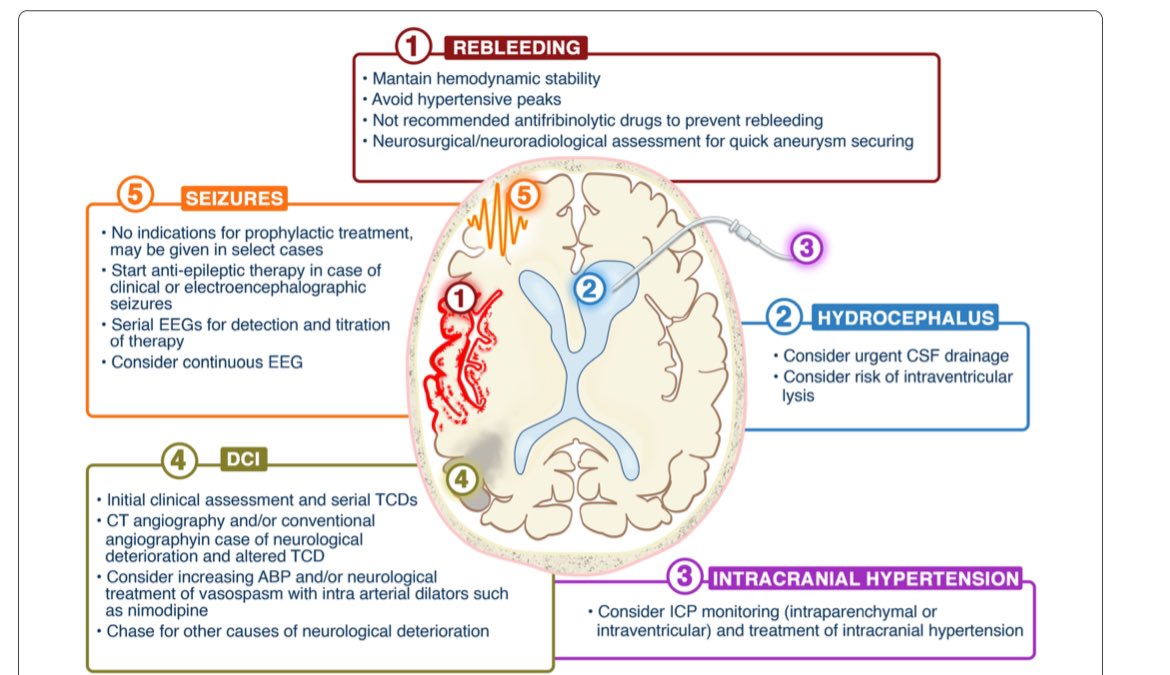
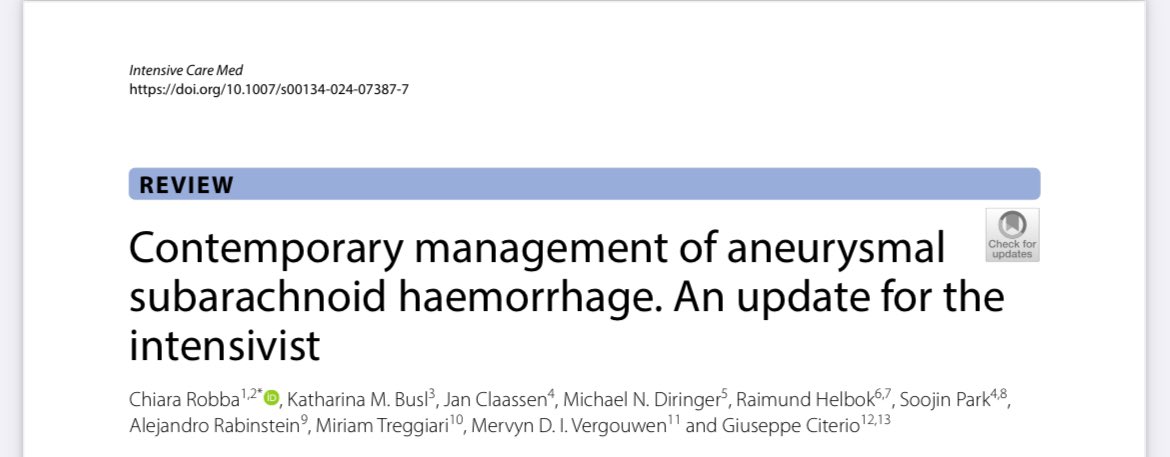
Congrats @jdianti on a complex and insightful analysis demonstrating the novel concept of interactions between mechanical ventilation and sedation during spontaneous breathing in AHRF
Wondering how the tools we use on patients w AHRF (⚙️ MV, 💉sedation,🫀ECMO) interact & impact pt-important factors (🚙 resp drive, 💪 resp effort, 🫁 distending pressure)? J Dianti, @IdunnMorris, @thiagobassiMD, et al show us in #journal_CHESTCritCare: chestcc.org/article/S2949-…
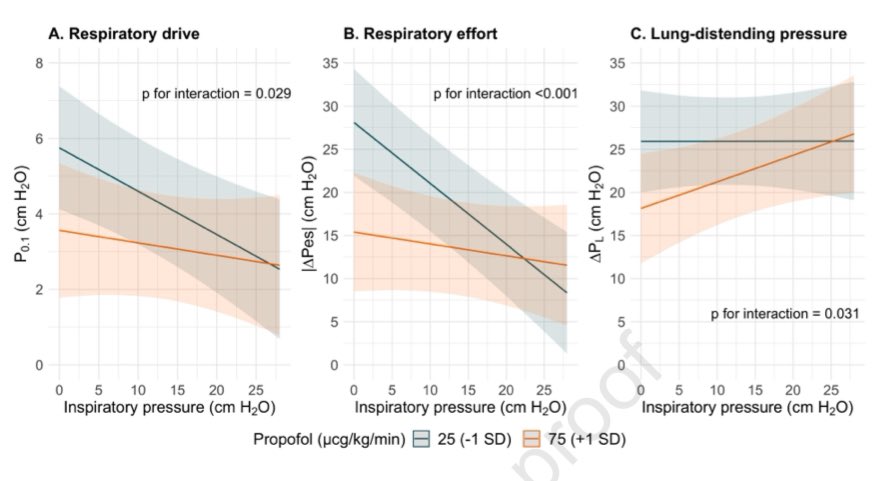
Wondering how the tools we use on patients w AHRF (⚙️ MV, 💉sedation,🫀ECMO) interact & impact pt-important factors (🚙 resp drive, 💪 resp effort, 🫁 distending pressure)? J Dianti, @IdunnMorris, @thiagobassiMD, et al show us in #journal_CHESTCritCare: chestcc.org/article/S2949-…

Ventilator associated brain injury. A new concept, a new priority pubmed.ncbi.nlm.nih.gov/38526447/
AQUÍ LA INFO COMPLETA: mechanicalventilation.ca (la peor usuaria de X!!!🤦🏼)
Fascinating argument by @thiagobassiMD in new piece in @ATSBlueEditor suggesting that mechanical ventilation may cause acute primary brain injury. A new form of ventilator-associated iatrogenesis? atsjournals.org/doi/abs/10.116…
Duration of mechanical ventilation has been associated with cognitive impairment, delirium, poor quality of life and greater mortality. Ventilator associated brain injury may be one of many factors responsible for poor clinical outcomes. I am interested in knowing your thoughts.
Fascinating argument by @thiagobassiMD in new piece in @ATSBlueEditor suggesting that mechanical ventilation may cause acute primary brain injury. A new form of ventilator-associated iatrogenesis? atsjournals.org/doi/abs/10.116…
Transvenous Diaphragm Neurostimulation Mitigates Ventilation-associated Brain Injury 🔓 Open Access 🔗 bit.ly/3GZphDh

Importance for pCO2 gap for #ISICEM24
Jean Louis Teboul explaining the importance of pCO2 Gap at Philippines Heart Centre postgraduate course If patient in shock and ScvO2 is high then don’t give fluids unless pCO2 gap is abnormal as an increase in CO will not improve tissue perfusion
The Blue Journal thanks Andrea Castellví-Font, MD, for her contribution to the March 1 issue The Rise of Adaptive Platform Trials in Critical Care #PRACTICALplatform #INCEPT #PANTHER @ACastellviFont @Michael_Harhay @ecgoligher bit.ly/3UYrMjF

United States Trends
- 1. Mike 1,81 Mn posts
- 2. Serrano 237 B posts
- 3. #NetflixFight 70,7 B posts
- 4. Canelo 16,1 B posts
- 5. #netflixcrash 15,5 B posts
- 6. Father Time 10,8 B posts
- 7. Logan 77,4 B posts
- 8. Rosie Perez 14,7 B posts
- 9. He's 58 24,1 B posts
- 10. Shaq 15,8 B posts
- 11. Boxing 292 B posts
- 12. ROBBED 101 B posts
- 13. #buffering 10,8 B posts
- 14. My Netflix 82,3 B posts
- 15. Tori Kelly 5.139 posts
- 16. Roy Jones 7.106 posts
- 17. Ramos 70,2 B posts
- 18. Cedric 21,6 B posts
- 19. Gronk 6.563 posts
- 20. #cancelnetflix 4.930 posts
Something went wrong.
Something went wrong.


















































